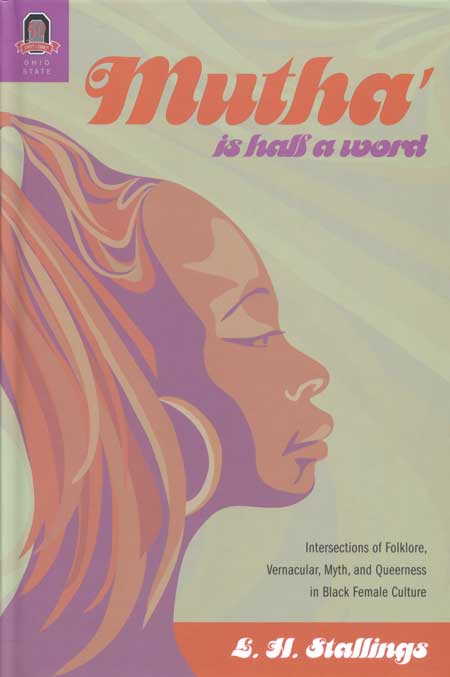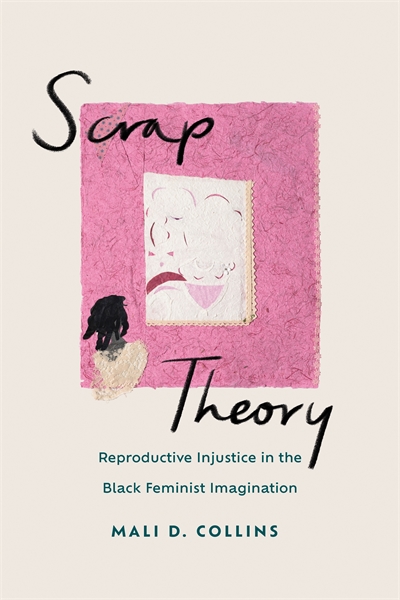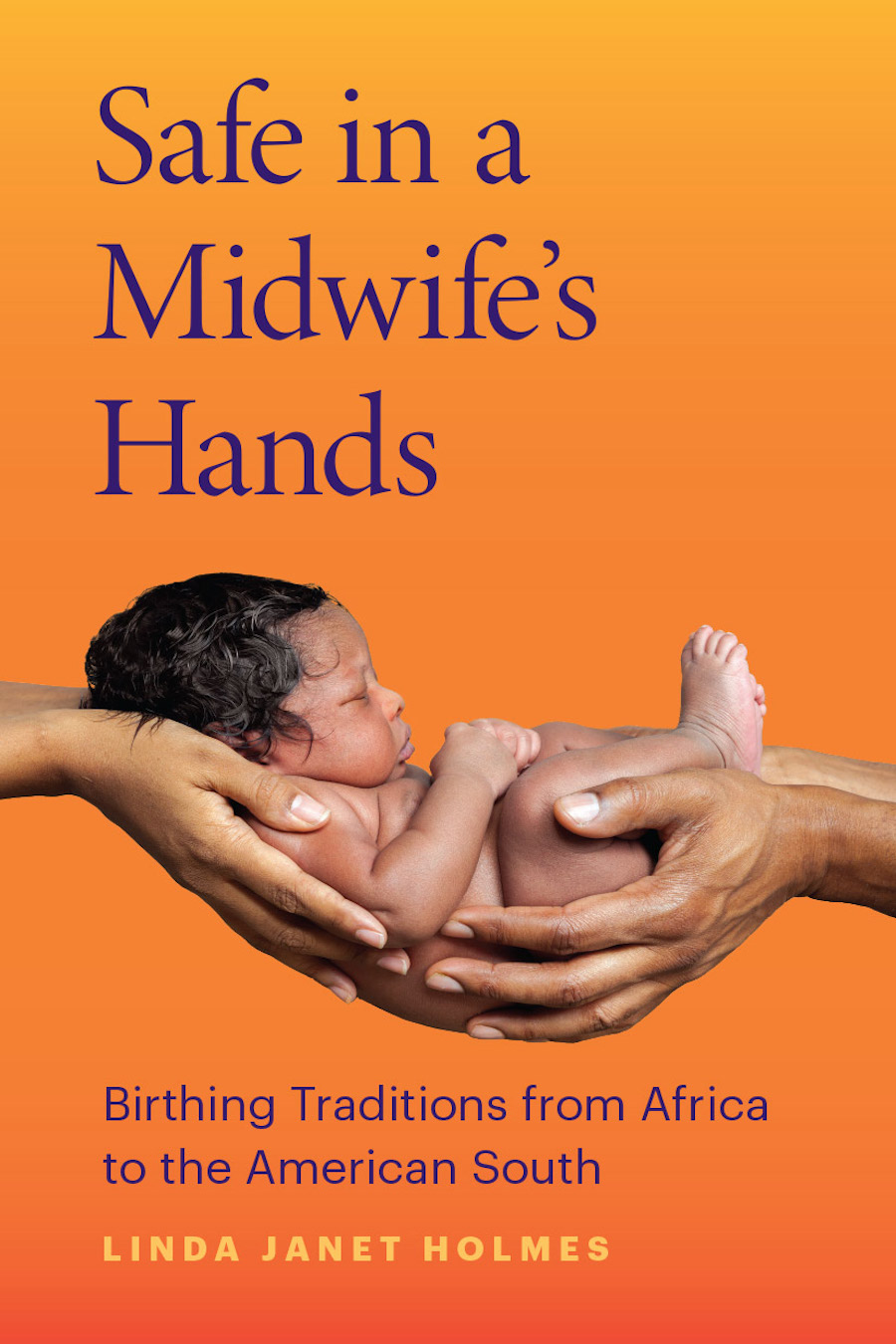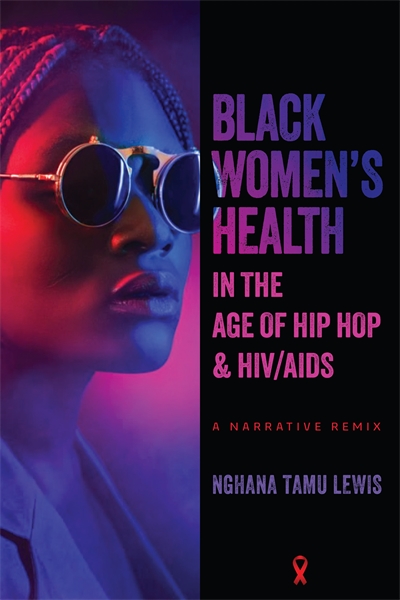“Meticulously researched and brilliantly imagined.” —Karla J. Strand, Ms.
“Scrap Theory offers a powerful and necessary perspective on Black reproductive justice, archival inclusion, and maternal memory. It is a compelling contribution to both archival studies and Black feminist thought.” —A. Hussien, CHOICE
“Scrap Theory is essential reading for scholars of reproductive justice, Black feminist theory, and Black archival studies. Its blend of historical and contemporary analysis also makes it a valuable resource for undergraduate and graduate students in women’s, gender, and sexuality studies seeking to understand the long trajectory of reproductive injustice in Black communities.” —Kimberly F. Monroe, Society for U.S. Intellectual History
“Through deep archival research, literary analysis, and cultural critique, Collins launches the conversation around black maternal health and well-being into a new stratosphere—moving it beyond biological reproductivity and into the psychic space of cultural dispossession. Scrap Theory will have a long life on any black feminist theory syllabus.” —Zenzele Isoke, author of Urban Black Women and the Politics of Resistance
“Scrap Theory speaks to Saidiya Hartman’s call to formulate a ‘history of the present’ by linking the dispossession of generations of Black mothers with the contemporary moment of racial reckoning and centers texts by those previously considered outside the range of legitimate historical scholarship.” —Sandra Patton-Imani, author of Queering Family Trees: Race, Reproductive Justice, and Lesbian Motherhood
Reproductive justice debates have often focused on the right to not have children, but rarely do they address the right to remember children lost to violence. Turning her attention to visual and written works by Black women documenting mother–child separation, Mali D. Collins invites us to deploy a theory of “scraps” to understand the ways that the lives of Black mothers and children are documentations of centuries of racialized and gendered torment. Focusing on creative works from the late twentieth century through the present, including the writings of Toni Cade Bambara, M. NourbeSe Philip, and Edwidge Danticat; the critical activism of Erica Garner; and visual/material art by Samaria Rice and Elizabeth Catlett, Collins argues that Black women’s creative work should be recognized as memory work that plays a crucial role in the cultural processing of racial and maternal trauma. By centering creative scraps—interstitial, fragmentary, or discarded elements—of maternal dispossession, Scrap Theory brings together theories of archival injustice and reproductive injustice to illuminate how the archival erasure of Black motherhood is an urgent concern for the movement for reproductive justice.
Mali D. Collins is Assistant Professor of African American and African Diaspora Studies at American University. Her work has appeared in American Quarterly, Souls, and the Black Scholar. Collins is a certified full-spectrum doula and a reproductive rights activist.
Contents
List of Illustrations
Preface Ida’s Story
Acknowledgments
Introduction Black Maternal Dispossession in the Age of Black Lives Matter
Chapter 1 The Fictional Archive of Disappearance
Chapter 2 Margaret Walker, Jubilee, and the Fight for Black Feminist Historicity in Walker v. Haley
Chapter 3 The Corporal Archive of Separation in Contemporary Black Women’s Cultural Production
Chapter 4 Pure Scraps: Refused Memorials and the Black Feminist Archival Praxis of Samaria Rice
Conclusion The Black Maternal Superbody
Epilogue The Infinitude of Black Motherhood
Bibliography
Index
Related Titles:

Mutha’ Is Half a Word
Intersections of Folklore, Vernacular, Myth, and Queerness in Black Female Culture
L. H. Stallings




